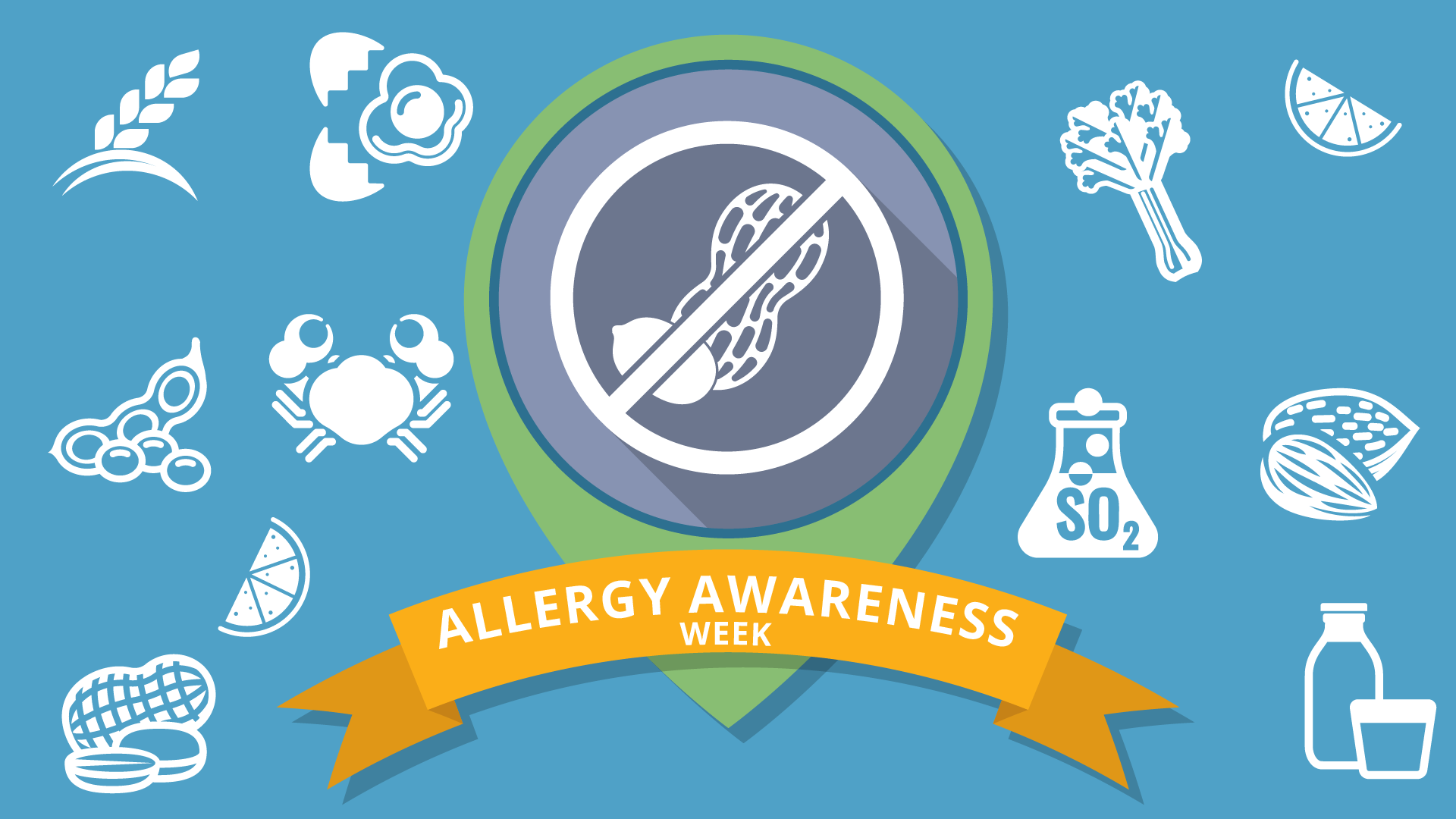
Allergy Awareness Week is a chance to raise awareness about all allergies whilst highlighting the difficulties people with allergies experience. The event helps people to understand the seriousness of some allergies, and improve our knowledge of what can sometimes be a life-threatening condition. Another big aim of Allergy Awareness Week is to provide support to those that experience allergies. The week-long event highlights organisations and charities that can offer support, such as Allergy UK, as well as the resources available to those who suffer from allergies.
When is Allergy Awareness Week 2025?
Allergy Awareness Week 2025 will take place from the 22nd of April until the 28h of April. Throughout the week there are lots of fundraising events that take place, and people often give donations.
What is an allergy?
An allergy is a reaction your body has to a particular food or substance. Whilst in most people these substances pose no problem, for allergic individuals their immune system identifies them as a threat. As a result, the body can produce a response to try and combat the supposed threat. This can range from something minor such as itching to something much more severe and life-threatening, like anaphylaxis. Allergies are more common in children, but they can persist into adulthood too.
What’s the theme of Allergy Awareness Week 2025?
The topic of Allergy Awareness Week 2025 is ‘childhood food allergy.’ It will focus specifically on the experience of parents and carers of babies with food allergies, combating any anxieties and offering practical, researched support. Allergy UK is due to release details of new research highlighting the fears and anxieties around the existing support and guidance available to parents and carers of children with allergies.
Did you know…
- Allergies are very common. They affect more than 1 in 4 people in the UK at some point in their lives.
- They’re particularly common in children.
- People can develop allergies to things they were not previously allergic to.
- The most common allergies include: grass and tree pollen (hay fever), food (such as nuts, shellfish and eggs), dust mites and medicines like penicillin.
Some common symptoms of an allergic reaction:
Not all allergic reactions will have the same symptoms, but here are some general ones to look out for:
- Sneezing
- Coughing
- A runny or blocked nose
- A red, itchy rash
- Worsening of eczema or asthma symptoms
- Red, itchy and watery eye

